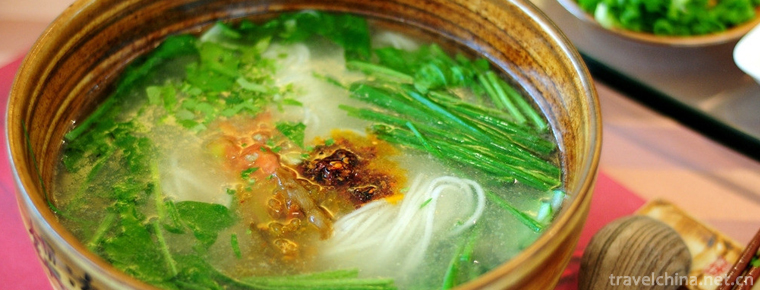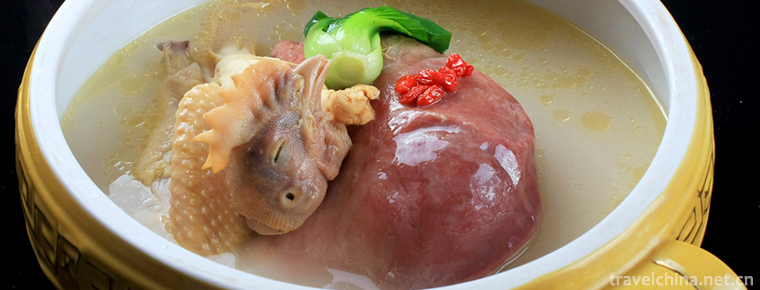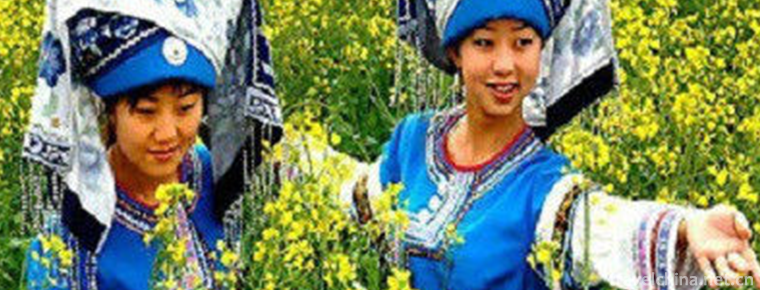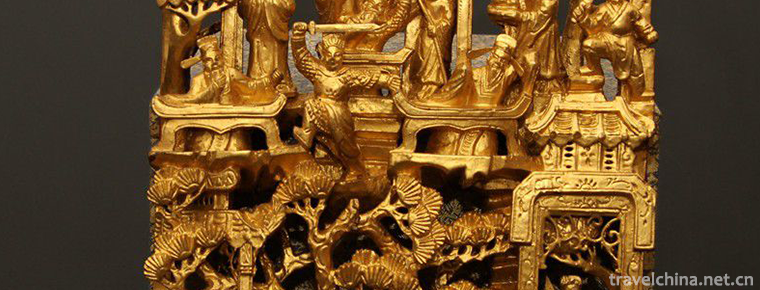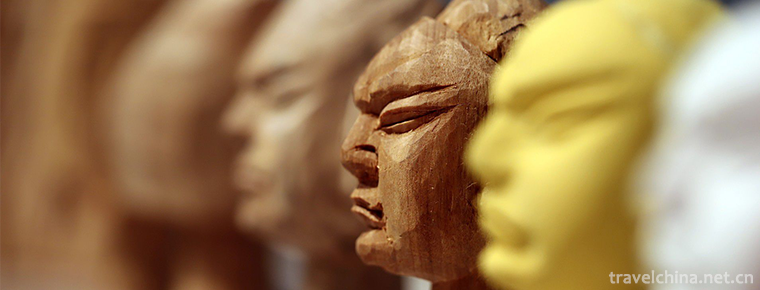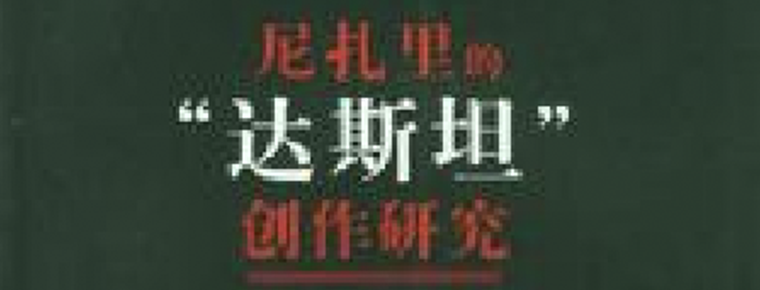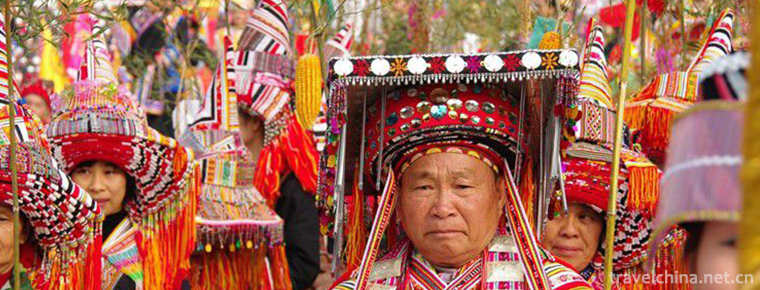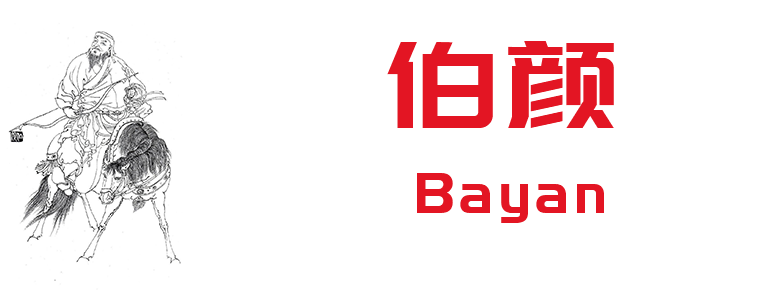Ping Ju Opera
Ping Ju Opera
Opera commentary is a kind of opera which is spread in the north of China. It is one of the most popular operas among the people and ranks among the five major Chinese operas. Some people once thought that it was the second largest drama in China. At the end of the Qing Dynasty, it was formed on the basis of the song "Counterpart Lotus Fall" in Luanxian County, Hebei Province. It first became popular in rural areas of Hebei Province, and then entered Tangshan, which was called "Tangshan Fall Zi". In the 1920s or so, a group of actresses appeared in Northeast China. After the 1930s, under the influence of Beijing Opera and Hebei Bangzi Opera, the performance of opera evaluation has matured gradually, and there have been schools of Li Jinshun, Liu Cuixia, Baiyushuang, Xicailian, Ailian Jun and so on. Since 1950, plays such as "Little Son-in-law", "Liu Qiaoer", "Flowers as the Matchmaker", "Yang Sanjie's Report", "Qin Xianglian" have exerted great influence throughout the country, with the emergence of famous actors such as Xinfengxia, Xiaobaiyushuang and Wei Rongyuan. Nowadays, opera critics are still popular in North China and Northeast China.
Opera critics are divided into East Road and West Road, while East Road Opera critics are the main ones.
On May 20, 2006, the opera evaluation was approved by the State Council and listed in the first batch of national intangible cultural heritage list.
In December 2018, the General Office of the Ministry of Education announced that Tangshan Teachers College was the base for the inheritance of excellent traditional Chinese culture.
Orion of the Name
Judging opera is known as "skipping opera" or "falling opera", as well as "flat-tuned Bangzi opera", "Tangshan Luozi", "Fengtian Luozi", "Ping opera" and "Judging opera", but eventually it is well-known throughout the country as "Judging opera". The origin of the name "opera commentary" is not uniform. One way of saying is that the name originated from Li Jinshun, an early famous actress. Another way of saying is that the name originated from Li Dazhao. When the opera critics, who were small operas at that time, entered the city stage, they both called Peking Opera "Peace Opera" with the National Grand opera, which aroused the jealousy of the masters of Peking Opera troupes, and they provoked trouble among the martial opera actors. Later, Li Dazhao, who was working in the press, came to mediate. He came up with an idea to add a word to Pingju. He said that Peking Opera is a national opera, and Peking Opera is called Ping Opera on behalf of Peking Opera; Peking Opera is a folk opera, which reflects the social reality quickly, sings in a simple form and is easy to understand. Adding a word "Ping" to a word "Yan" becomes "comment", which means to comment on society, comment on books and talk about singing. There are also views that when Zhaocai et al. transformed the lotus flower into "Tangshan Luozi", they absorbed the complete set of musical instruments of Hebei Bangzi. They named the new opera "Jingdong First Pingqiang Bangzi Opera", "Pingju Opera" for short, and used the script voice in singing. At that time, the representative actors were Yue Mingzhu, Jin Kaifang and so on. After the Revolution of 1911, Beijing was renamed Peiping, and Peking Opera was also called Peking Opera. At this time, the "Pingju" led by Cheng Zhaocai has developed to Tianjin and other places, and the trend of the renamed "Pingju" by Peking Opera has become a pair. Hence, it was named opera commentary, which embodies the meaning of "commenting on the past and discussing the present". Another view is that when the skipping play was performed in Shanghai in 1935, it was renamed "opera commentary" after adopting the suggestion of famous resident Lu Hailian because of the new ideas of "punishing evil and promoting good" and "commenting on the past and the present". In 1936, when Bai Yushuang made the film "Begonia Red" in Shanghai, the name of "opera commentary" was first published in Ta Kung Pao by the press. Since then, the name of opera commentary has been widely spread throughout the country.
Drama Festival
Opera commentary is one of the traditional operas with a long history and broad mass base in China. Established in 2000, the China Drama Festival is an annual large-scale national drama festival co-sponsored by the Art Department of the Ministry of Culture, the Hebei Provincial Department of Culture and the Tangshan Municipal People's Government. Since the fourth session, it has been held every two years. The host is located in Tangshan City, Hebei Province, the birthplace of opera evaluation.
The purpose of the Chinese Drama Festival is to inherit, develop and carry forward the art of drama evaluation, and constantly expand its influence at home and abroad. The festival includes the selection and performance of excellent plays, the convening of seminars on theatrical evaluation art, and the organization of theatrical competition and theatrical film exhibition week for theatrical enthusiasts. The Festival pays great attention to the times and the participation of the masses. Since the third festival, it has continuously strengthened its integration with economic activities, contributing to the promotion of national culture, the promotion of artistic exchanges and the promotion of the development of the art of theatrical evaluation.
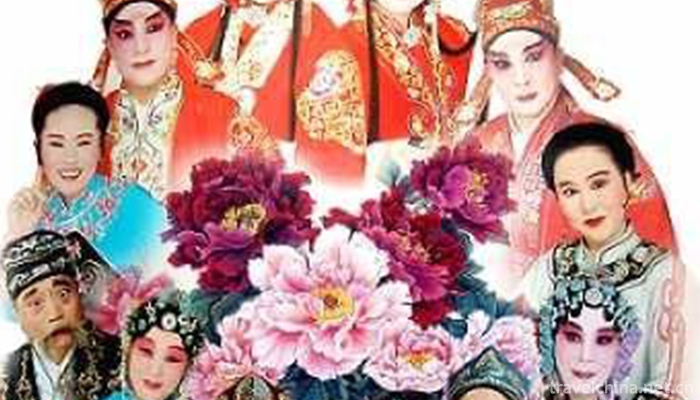
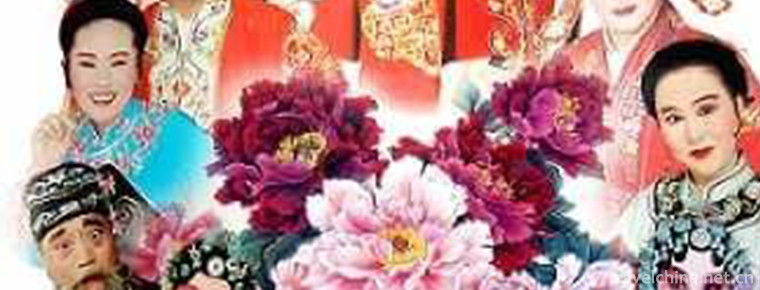
Ping Ju Opera
-
waterless rice noodle
Bait silk is one of the special snacks in Yunnan. It is mainly made from rice
Views: 154 Time 2018-10-17 -
Pork stomach stewed chicken
Belly chicken is a very traditional dish in Hakka area. It has a long history. It was first eaten by Hakka women when they were sitting on the moon, and it had a very good nourishing effect.
Views: 272 Time 2018-11-02 -
Bouyei Pange
Bouyei Pange is a traditional folk song of the Bouyei nationality. It is a folk literary work created and sung in the original Bouyei language. Bouyei Pange is popular in Buyi villages
Views: 134 Time 2019-04-04 -
Teochew woodcarving
Chaozhou woodcarving is a Chinese folk sculpture art, mainly used for architectural decoration, artifact decoration, furniture decoration, desk decoration, etc. After careful carving
Views: 333 Time 2019-04-16 -
Puppet Head Sculpture
Zhangzhou puppet head carving is a traditional folk arts and crafts in Zhangzhou City, Fujian Province. It belongs to a special skill in the production of puppet stage props. Zhangzhou puppet head car
Views: 138 Time 2019-06-06 -
Uygur Dastan
Uygur Dastan is a kind of Uygur singing and playing music. It is a kind of long narrative poem with rap and singing. It is a long poem with complete stories and characters. It is a folk art form with
Views: 148 Time 2019-06-26 -
Linear cavity
Line-tune opera, also known as Line-score opera, is an ancient traditional opera in Shanxi Province. It first appeared in the Han and Tang Dynasties, and developed greatly. It flourished in the Song D
Views: 169 Time 2019-07-03 -
Panwang Festival of Yao Nationality
Panwang Festival is an important festival to worship ancestors Pangu, Pangeng and Panhu. People at home and abroad attach great importance to this national sacrifice ceremony. Launched by the Pan fami
Views: 180 Time 2019-07-11 -
Bo Yan
Bo Yan (1236 - January 11, 1295), eight neighbouring people in Mongolia. Yuan Dynasty Famous ministers in early years
Views: 242 Time 2019-09-14 -
Zhuokeji chieftains official village
Zhuokeji chieftain's village is located in xisuo village, zhuokeji Town, 7 km away from malkang county. The village was built in 1718 in the reign of Emperor Qianlong of the Qing Dynasty. It was a four story blockhouse. It was destroyed in the fire in 1936. From 1938 to 1940, the Tusi Suo Guanying organized human resources to rebuild it.
Views: 314 Time 2020-11-07 -
The origin of style of Chinese Cheongsam QiPao
The first one, represented by Zhou Xibao's the history of ancient Chinese costumes, believes that Qipao is directly developed from the robes of banner women in Qing Dynasty. However, some scholars believe that "although the cheongsam of the Republic of China
Views: 181 Time 2020-12-11 -
Safety production in Leshan
By the end of 2018, there were 81 production safety accidents in Leshan City, with 73 deaths and a direct economic loss of 19.0522 million yuan. Among them, there was one major accident and no major or above production safety accident. In 1132 traffic
Views: 196 Time 2020-12-17
